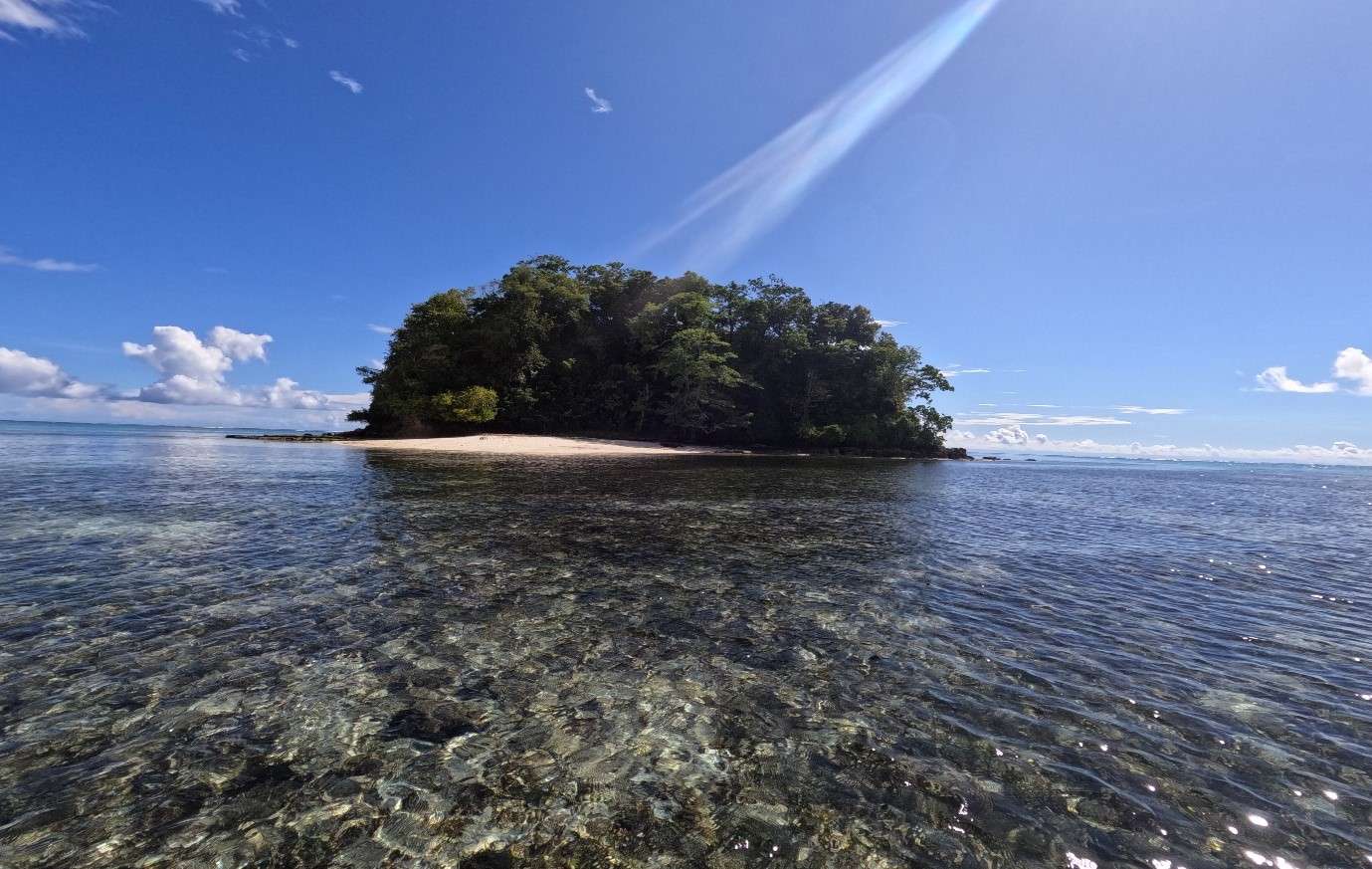
Pacific Island countries are once again magnets for tourists. Just prior to the pandemic in 2019, visitors to the South Pacific had reached an all-time high. Last year visitors to Pacific Islands returned to, then surpassed, pre-pandemic levels, even in the face of growing competition from Southeast Asian countries, with Fiji, Cook Islands, Vanuatu, and Samoa drawing the most attention.
This resurgence highlights a growing appetite for travel to Pacific Islands and demonstrates that the tourism sector is expanding to accommodate it, allowing more destinations to claim a larger share of the tourism market.
Part of a key partnership between the U.S. Government through its Millennium Challenge Corporation (MCC) and the Government of the Solomon Islands, the MCC- Solomon Islands Threshold Program’s Accessing Land for Tourism Investment Facilitation (ALTIF) project, is laying the foundation for the Solomon Islands to capitalize on this tourism boom. This project, funded through MCC, focuses on two essential areas: expanding access to land for tourism and attracting investors to unlock the country’s tourism potential.
The first priority of the project is to increase access to land for tourism by addressing land tenure insecurity and weak or non-inclusive community governance structures, as well as promoting social license agreements between landowners, affected communities and investors on potential development sites.
The concept of social license, which varies across different cultural contexts, is key to ensuring tourism developments in the Solomon Islands are inclusive, culturally sensitive, environmentally responsible while also benefiting local communities. For ALTIF, achieving a social license means balancing the interests of communities, investors and government through mediation and consensus-building.
Reform efforts are led by the Solomon Islands Government, and supported by the Ministry of Culture and Tourism; the Commissioner of Lands; the Ministry of Lands, Housing and Survey; the Registrar of Titles Office; the Chamber of Commerce and Industry; and other key stakeholders, including Solomon Airlines and Tourism Solomons in close collaboration with MCC.
Given the complex nature of land tenure reform, obtaining a social license is a gradual, highly consultative process designed to create a lasting foundation for both local communities and investors. Beyond the land tenure reforms, the Solomon Islands Government is also pursuing broader economic reforms including tax concessions, simplified business registration, and the creation of special economic zones to attract additional investment.
A recent World Bank report emphasized comprehensive reforms could significantly boost economic growth, helping the Solomon Islands achieve its goal of upper-middle income status by 2040. Early success indicators for ALTIF are beginning to emerge, including improved government capacity to identify registered land for tourism, successful mediation of landowner disputes, and an increase in investor confidence. Progress has also been made on reviewing Land Trustees legislation, a vital part of accessing the land reform process.
The second area of focus for the MCC-SITHP ALTIF program is attracting new investors to tourism projects. Partnering with the International Finance Corporation, the project has assessed several locations across the country for potential tourism development. ALTLIF has already identified over 30 investable sites in Western Provence alone, with a focus on larger, high-impact investments in the near future.
In addition to identifying sites, ALTIF is supporting the development of a National Tourism Strategy and an upgrade of the Ministry of Culture and Tourism’s website, ensuring the country is well-positioned to market its tourism potential.
For tourism in the Solomon Islands to thrive, significant investments are needed in accommodations, restaurants, leisure activities, and critical infrastructure such as roads, ports, airports, and utilities. ALTIF aims to implement social license principles early on, while mitigating risks for investors to ensure tourism is responsible, sustainable, and profitable.
This thoughtful approach means that both investors and local communities can benefit in a way that respects Solomon Islands’ unique cultural and environmental heritage, ensuring long-term success for all parties involved. By engaging local stakeholders at the outset, this partnership fosters a collaborative spirit that lays the groundwork for a tourism sector that not only drives economic growth but also protects the country’s invaluable resources.
By strategically investing in tourism through the MCC-SITHP, the Solomon Islands can secure a larger share of the growing tourism market, bringing benefits not just to visitors, but to all Solomon Islanders. This collaboration is designed to create jobs, boost local economies, and showcase the unique beauty and rich culture of the Solomon Islands to the world.
As we celebrate World Tourism Day 2024, this partnership stands as a shining example of how sustainable tourism development can drive meaningful progress. This forward-looking initiative aims to set the country on a path to not only develop into a top Pacific destination but also a global leader in responsible tourism. The future is bright, and the groundwork laid by the ALTIF project will help tourism to flourish, benefiting future generations of Solomon Islanders.